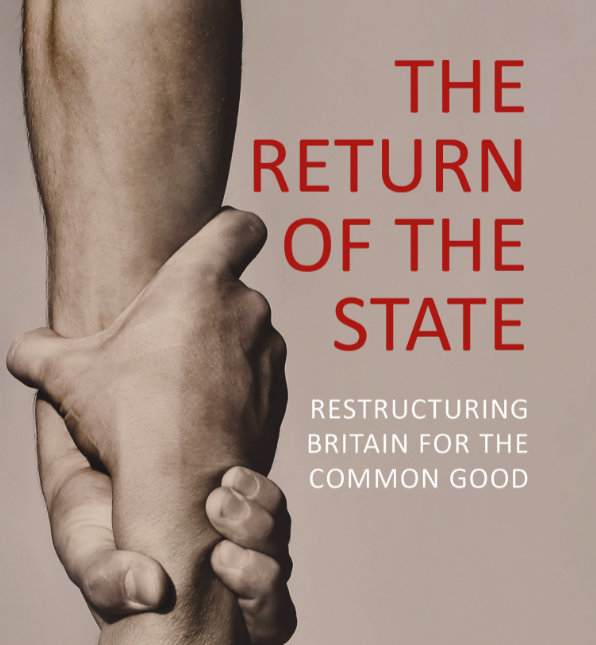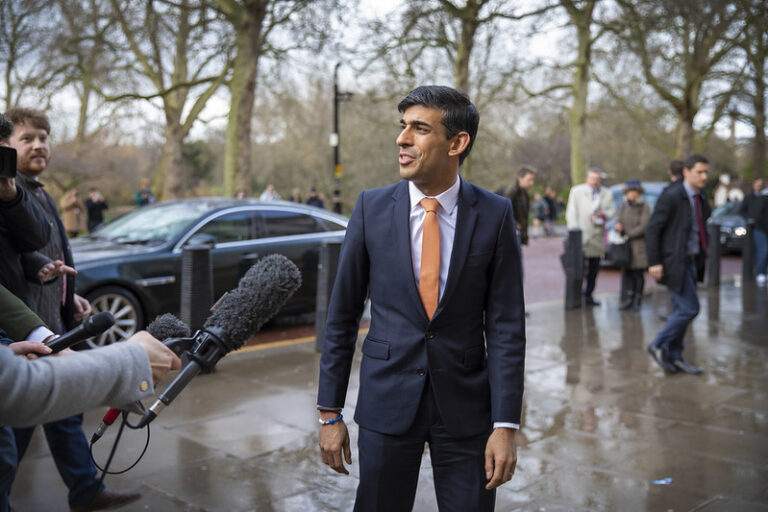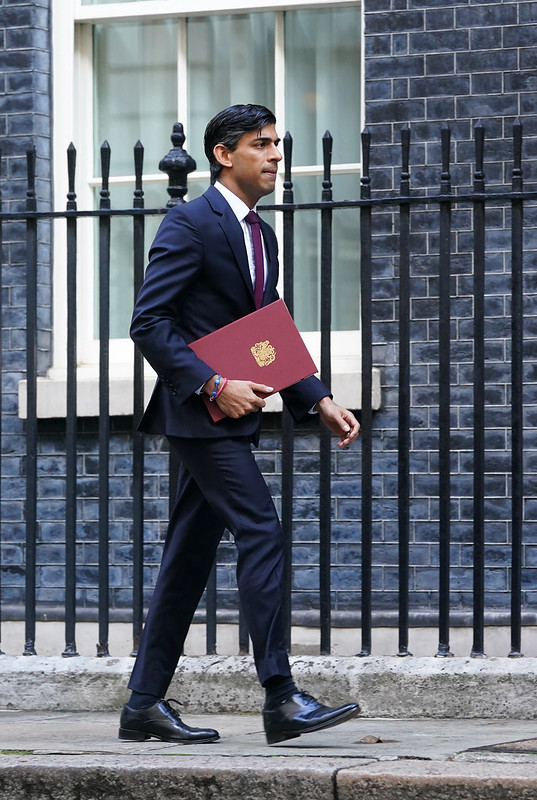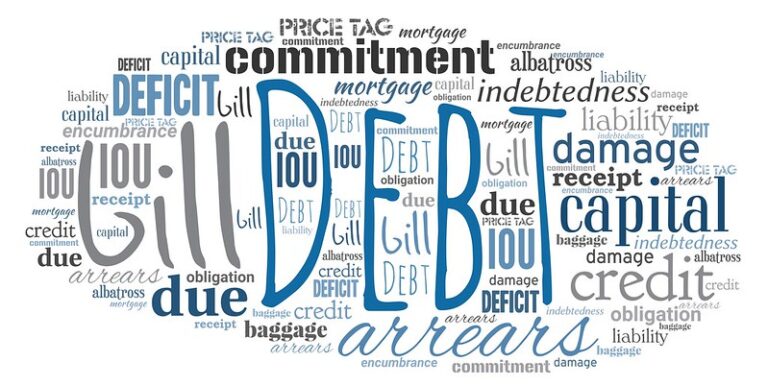
Where Has All the Money Gone?
Quantitative easing risks generating its own boom-and-bust cycles, and can thus be seen as an example of state-created financial instability. Governments must abandon the fiction that central banks create money independently from government, and must themselves spend the money created at their behest.








